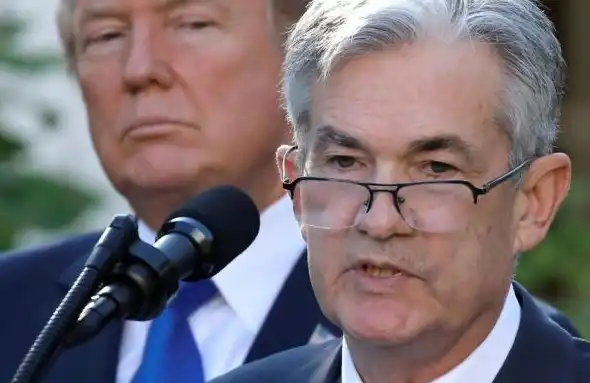Peer-to-Peer Tariffs Coming Soon, Summary of Multi-Country Response Measures


BlockBeats News, April 8th. The Trump administration's minimum baseline tariff on all imported goods entering the U.S. took effect on April 5, 2025. Higher retaliatory tariffs (such as 34% for specific countries like China and 46% for Vietnam) will take effect on April 9, 2025. The 25% specific industry tariff on imported cars and parts took effect on April 3, 2025. In response to this, multiple governments have taken the following actions:
Japan: The Minister of Trade stated that they will "swiftly and boldly" analyze the impact and seek exemptions from the U.S., refraining from implementing retaliatory tariffs for now. Japan's Minister of Economic Revitalization and chief U.S. tariff negotiator, Akazawa Akira, is set to visit the U.S. soon for tariff negotiations with U.S. Treasury Secretary Bezent. Japanese Prime Minister Shizo is considering visiting the U.S. to meet with President Trump, while monitoring the progress of the negotiations.
South Korea: The government mentioned there is "still room for negotiation," refraining from taking retaliatory measures and focusing on support for the automotive industry. South Korea's trade representative is heading to the U.S., with a key focus on coordinating steel and automobile tariffs.
European Union: The European Commission plans to implement preliminary retaliatory tariffs on U.S. steel and aluminum in mid-April and is preparing further comprehensive measures against U.S. services and products.
China: The Ministry of Commerce stated they will take "firm countermeasures," including imposing a 34% tariff on U.S. goods and restricting rare earth exports.
Canada: Imposed a 25% retaliatory tariff on $30 billion worth of U.S. goods and is seeking negotiations to mitigate the impact.
Mexico: The President mentioned they are not currently pursuing a "tit-for-tat" strategy, emphasizing border enforcement to avoid retaliatory tariffs.
India: Considering reducing tariffs on $23 billion worth of U.S. goods in exchange for relief while analyzing the impact.
Australia: The Prime Minister stated they will not impose retaliatory tariffs on the U.S. and are seeking to remove the 10% baseline tariff through negotiations.
Brazil: Through a reciprocity bill, allowed for tariffs on U.S. goods and is considering appealing to the World Trade Organization.
United Kingdom: The Foreign Secretary stated they are working hard to reach a trade agreement with the U.S. to eliminate tariffs, without ruling out retaliatory measures.
Russia: Increased tariffs on some U.S. goods and is accelerating the "de-dollarization" of trade.
Singapore: Its Prime Minister mentioned that a universal 10% tariff rate seems to leave no room for negotiation. Reiterated that Singapore will not impose retaliatory tariffs on the U.S. Strengthening ties with partners committed to free and open trade. The U.S. is heading towards protectionism, but other countries do not need to follow this trend.










 Forum
Forum OPRR
OPRR Finance
Finance
 Specials
Specials
 On-chain Eco
On-chain Eco
 Entry
Entry
 Podcasts
Podcasts
 Data
Data


